How To Plan A Unit Study for Your Homeschool
From the time I used the Five in a Row curriculum with my little bitties up until now, I’ve loved unit studies. Whether they are literature, science, or history-based, unit studies weave our learning together in meaningful and often exciting ways. You can learn how to plan a unit study in four simple steps!
But, wait. I’m an eclectic Charlotte Mason homeschooler, why would I be in love with unit studies? They are wonderful modes for immersing children in real-life learning!
Not everything we do in our homeschool revolves around a unit study, just like not everything we do follows Charlotte Mason’s principles exactly. We do what fits our family in various seasons of learning. That can look like a Charlotte Mason-inspired day for some subjects and unit study style learning for subjects that happen to fit into our current unit theme.
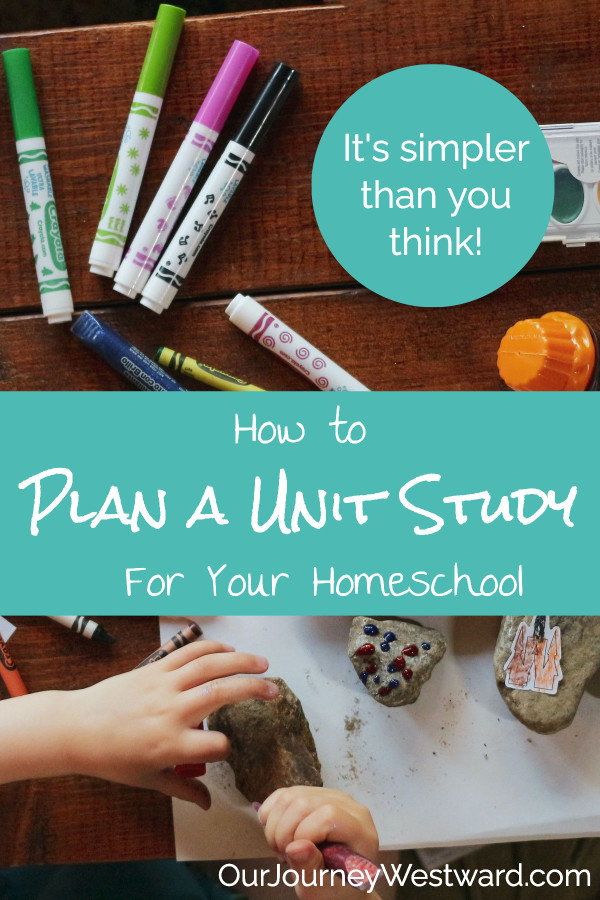
This post contains affiliate links.
How To Plan a Unit Study
I personally love to create my own unit studies since they can be designed to meet our needs perfectly. However, there are certainly oodles of resources (free and to buy) available if planning a unit isn’t your thing.
When I post on my blog about designing unit studies, I get a lot of traffic and plenty of comments, which lets me know that this is a hot topic. So begins a four-part series of how I’ve added unit studies to our school plan over the years.
In this post, you’ll learn briefly how to plan unit studies. Next time, you’ll learn how to add meaningful projects for unit evaluation. And finally, I’ll show you how I’ve used literature, science, and history topics to design short-term and long-term studies in our homeschool.
A. How do I choose what to study each year?
Our unit studies typically revolve around history and science topics. Remember, the eclectic part of eclectic Charlotte Mason homeschooling? Well, I follow the Classical model of a four-year cycle in the areas of history and science. Basically, that means every four years we cover similar topics with the depth of understanding and expectations growing each time around.
Here’s the science and history plan I’ve followed from the beginning:
- Year 1 – Ancient History / Biology
- Year 2 – Medieval History / Earth & Space Sciences
- Year 3 – Early American History / Chemistry
- Year 4 – Modern American History / Physics
Of course, I don’t limit myself to only doing these units or studies each year. I do make sure each of these is covered in its appropriate year, though. I also include nature study (biology) each and every year.
I used to follow a plan of teaching history three days a week and science two. This seemed to drag each study out way too long, so we now complete unit study concepts in blocks of time. In other words, we focus on a science unit until completion then move into a history unit or the occasional unit based on a piece of literature.
My children and I really like delving into a particular history or science subject in this way. We’re able to check out library books, audiobooks, and stream videos that go with the theme. I can choose to include math, language arts, or other subjects that might fit with the unit. And, we don’t have to stop learning about something just because we’ve already done history three times in a week. Not to mention, we can end the unit and move on to something else when we’ve soaked in all we can handle.
B. How do I plan a unit study?
Gather Unit Study Information and Supplies
I always start by gathering information and supplies. For instance, if I’m going to do a unit on Slavery and the Civil War, I’ll start by going through all my files, curriculum guides, and bookshelves to see what I already have by way of ideas and resources. I’ll also check my computer files for PDF files and other resources I’ve stashed away.
You should know a few things…
- I keep fairly organized files, shelves, and computer files, so the initial gathering of materials doesn’t take long at all.
- All of my resource books and living literature for history are placed in chronological order on a bookshelf. Science books are grouped by topic.
- I also keep file folders on various topics. When I come across a great idea that I don’t want to forget, I jot a note or make a copy and file it in the appropriate folder.
- Much like the physical file folders, I keep folders on my computer for each academic area, too. It’s easy to stash PDFs to find quickly.
- And, of course, I keep organized Pinterest boards to round up great ideas as I stumble upon them.
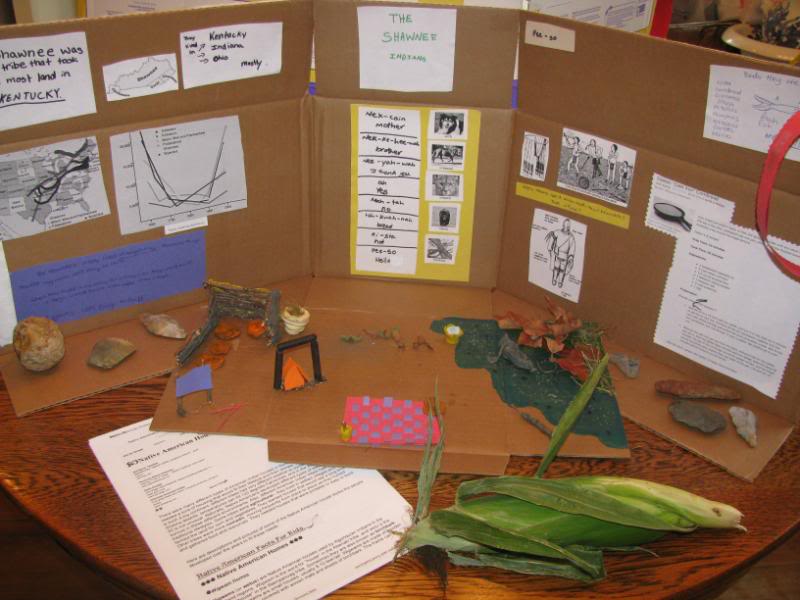
Find Additional Unit Study Resources
If I don’t have many resources on my shelves/computer already, I’ll go to the internet next and type in searches for free units based on the topic I’m planning. This will usually lead me to more information than I care to have, so I limit internet searching as much as possible.
If I still don’t have enough, I’ll check the local library. Often, by typing a keyword into the library’s search engine, I’ll find at least one really good book that offers teaching or activity ideas on the subject.
Start a List of Important Topics and Resources
From my gathered resources, I start a list of important topics that need to be covered. I simply jot them down in a notebook. As I make topic notes, I’ll also jot down great activity ideas or literature suggestions I run across from the resources.
All of this eventually fleshes out into a full unit! It will usually cover several academic areas, but I don’t purposely try to include math and language arts since those are separate subjects in our homeschool. I NEVER get to all the activities that are jotted down in the initial planning. As the unit progresses, I pick and choose what will work best based on how my children are responding to the study.
I might note here that during the planning stage, I almost always pick out one or two living books for my children to read during the unit. Plus one or two that I will read aloud and/or we’ll listen to on audio. All of our units rely heavily on living literature!
C. Do I use unit study curriculum?
If I come across a really great curriculum guide or library book that covers most of the important topics, I’ll often make that my “spine”. In other words, I will use that book to guide the majority of our studies, but I never hesitate to add or take away from that book.
Aa an example, I sometimes use a prepared lapbook guide to provide much of the material for our unit study. But, if I come across a hands-on idea that seems like it will help the children understand something better than a particular lapbook activity, I’ll ditch the lapbook activity and do the hands-on idea instead.
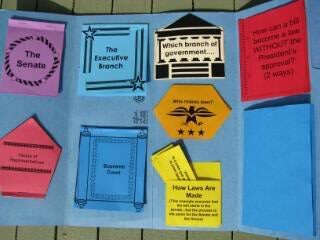
I have used some really good prepared curricula for my unit studies. It’s just that I rarely use them “as is”. In other words, I use them in ways that meet our family’s needs rather than how I’m “supposed” to. Some examples of great unit study type curricula would be NaturExplorers, The Story of the World, The Mystery of History, prepared lapbooks from any company, the Exploring Creation Series, Considering God’s Creation, and History Revealed.
D. How do I prevent unit study overload?
Well, this question could actually have two meanings: How do I not overload myself as I go about planning and preparing units? And, how do I make sure not to overload my children with the unit?
1. Don’t overwhelm yourself.
I’ve been doing this for a long time. In the beginning, I did overload myself. I spent WAY too much time planning, preparing, scouring the internet, searching the library, etc. Over-planning will burn you out on preparing your own units faster than anything else!
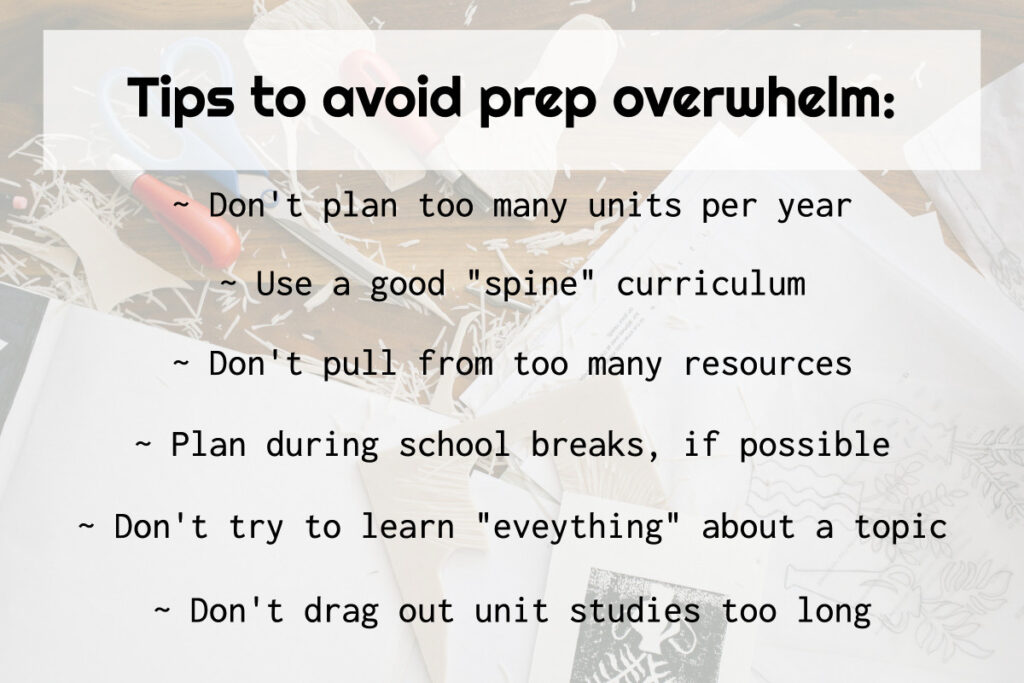
Tips to avoid unit study preparation overwhelm:
- Don’t plan too many units per year. (I only plan approximately six per year.)
- Use a good spine like a prepared hands-on curriculum and tweak it to fit your needs.
- Don’t try to pull in too many resources or ideas.
- Try to get as much planning done as possible during school breaks. (I get the basic planning done for all units over summer break.)
- Don’t try to teach everything about a subject and don’t try to do every wonderful activity you come across.
- Keep units shorter as opposed to dragging them out too long.
2. Don’t overwhelm your children.
Oh, I have! And, believe me, I knew it. When you’ve planned too much or the unit has gone far too long, your children will not hesitate to let you know they’re tired of the subject. Listen and pivot then learn as you plan the next unit study.
I’ve tried to keep my unit studies shorter and save “project time” (to be covered in the next post) for the rabbit trails that interest my children most. This way, they get the basics while delving deeper into parts of the unit that are most meaningful to them. We all win that way!
Other Posts in This Series

- Unit Study Project-Based Learning (with links to our unit study posts)
- Planning a Small Unit Study (how I planned a magnet unit)
- Planning a Large Unit Study (how I planned a slavery and Civil War unit)
Our Journey Westward Unit Studies
Over the years, we’ve enjoyed many unit studies in our homeschool. You can find an index of all those studies here, or check out the studies listed below.
Let me teach you more!
I’ve covered the topics of unit study planning and project-based learning in very helpful homeschool masterclasses. Grab a notebook and pen, you’ll learn a bunch!
-
 Product on saleUnit Study MasterclassOriginal price was: $20.00.$10.00Current price is: $10.00.
Product on saleUnit Study MasterclassOriginal price was: $20.00.$10.00Current price is: $10.00. -
 Product on saleCreative Homeschooling Through the Winter BlahsOriginal price was: $20.00.$10.00Current price is: $10.00.
Product on saleCreative Homeschooling Through the Winter BlahsOriginal price was: $20.00.$10.00Current price is: $10.00. -
 Product on saleProject-Based Learning in the HomeschoolOriginal price was: $20.00.$10.00Current price is: $10.00.
Product on saleProject-Based Learning in the HomeschoolOriginal price was: $20.00.$10.00Current price is: $10.00.

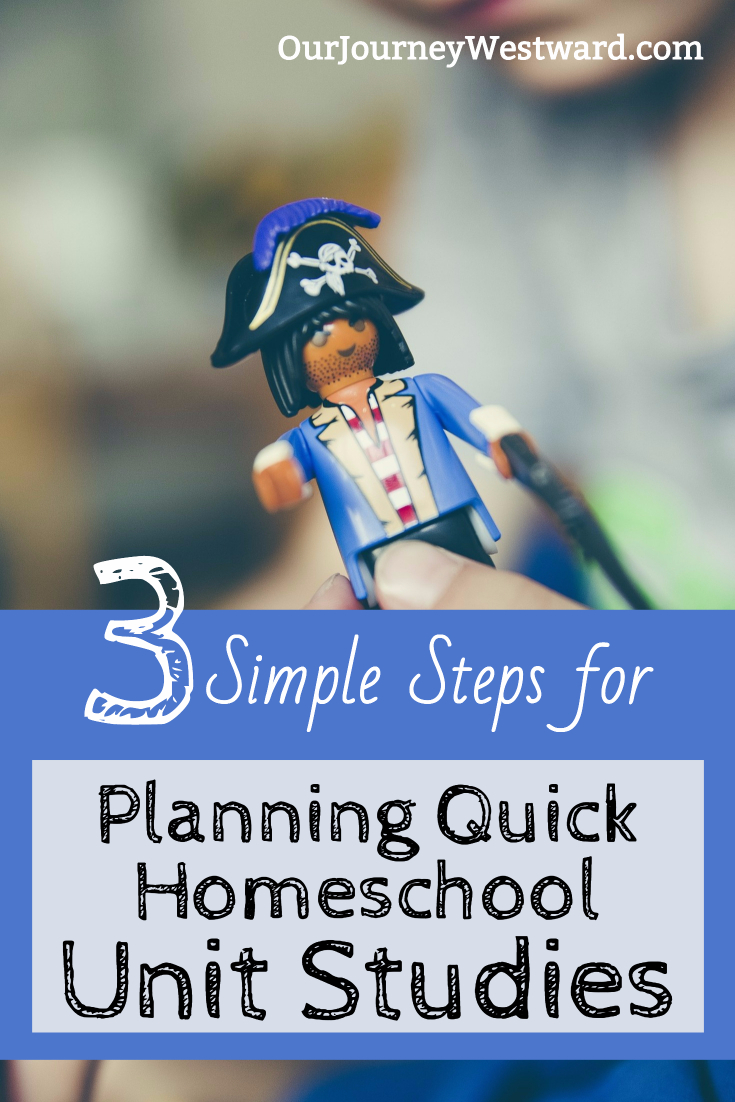
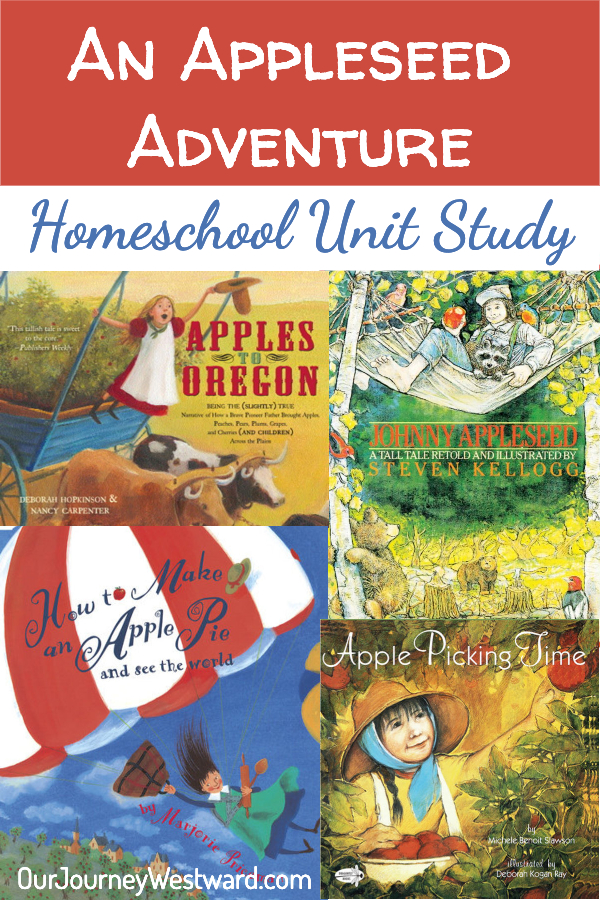
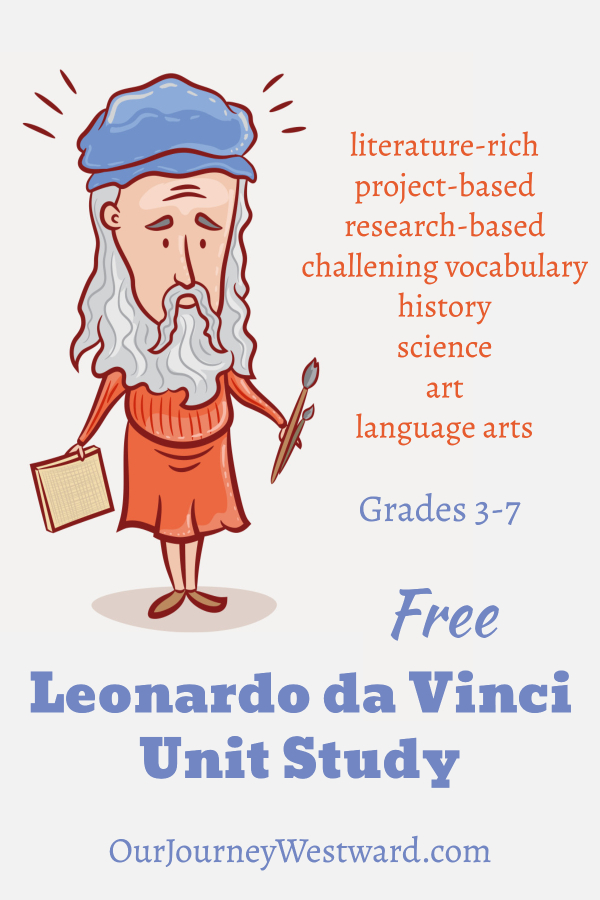



Great post, Cindy! I love putting together unit studies, but I’m not as well organized as you so it tends to take me more time to root through all my lovely books and supplies. 🙂
Cindy … I just found your blog and have really enjoyed learning about the CM method of homeschooling. Does it work for high school students too? I’m just about to start our homeschool adventure, but my kiddos are teen and pre-teen. I’d appreciate your thoughts!
Heather – YES! 🙂 We are using more textbook curriculum with longer lessons than we have in the past, but most of the key elements are still very much a part of our homeschool high school. Living literature, nature study, poetry, handicrafts and more. It’s been great for our family!
Hi Cindy,
I’ve recently discovered your blog, and I think I’m in love! Lol! Ok, maybe that’s a bit strong, but yours seems to be the first homeschool blog I’ve found with just the mix of CM basics plus lots of living math and science and hands-on studies that I would like to include in our own homeschool.
I’m intrigued by your unit studies, and I’m wondering, do you do this with all your children in the same unit, or do you primarily keep unit studies to the elementary years, while jr high and high schoolers are more independent? I have 4 children, each 2 years apart, so I’m sure I would combine my children somewhat, but would you ever have separate unit studies for each child, with several going at once? What age do unit studies get phased out, if ever?
I’m looking forward to gleaning ever-more from your blog, as well as your lovely ebooks (especially hoping to get your living math book asap!). Thank you for all the resources you’ve made available, and for taking the time to respond!
With Blessings,
Sarah
Sarah, you’re too funny! I’m glad you’re finding my blog helpful. 🙂
My two oldest are three years apart. They did all of our elementary and middle school unit studies together until my daughter moved on to her own studies in high school. Once they reach high school, we transition into traditional texts for some things and student-led/interest-based studies for other things. (Kind of like unit studies that they plan and I approve.) When they were doing unit studies together, we kept to the same topic and read lots of the same books together. Sometimes they had the same assignments, sometimes not – but we were all on the same topic. When they had similar assignments, I would simply expect a lot more depth from my older one.
My youngest is only in 2nd grade. He never participated in any of the studies with the older kids. I do unit studies with him, but I’ll admit that it was way more fun when there was more than one kiddo involved because we shared a general excitement for each subject and the various projects and activities. Since units can take a little time to prepare, I can’t imagine having more than one going on at a time in my house. Some people have more energy than me, though! LOL
Wishing you many fun learning moments with you crew!
I Have been homeschooling for 15 years now and find it interesting that we have all of the same books as you do in that photo and we have settled on a four year rotation and chronological studies like you have. It’s just what works best for us and my kids really know history and science. We all love it!
The chronological cycle just makes sense, doesn’t it? It’s been wonderful for us!
I love your blog. I am currently in the middle of delivering a unit study on flowers and plants. As a part of this fun unit study we went to Polesden Lacey in order to see what sort of plants and trees are grown there yesterday morning. Wish me luck.
And we will look at the number of plants in a garden centre. I also had them write a article on production and growth of houseplants for a newspaper. There are so many activities which you can use here. One activity is to record the colour of flowers produced. Or you can record numbers of trees or leaves found. We typically collected them in flowerpots and counted them.
Then you can make summary notes in addition to use as a type of fodder. Try writing up themed essays on it too. You can alternatively have family gardening competitions and contests. Ask a member of staff at your local garden centre for more tailored advice and tips on gardening.
Heya.
I love to do unit studies. I typically do one or two each term in order to liven things up during weekly lessons. Last term we have wrapped a fun unit study on skills up. As part of it we have gone to a new history museum in addition to read and make some brief summary notes too. And we have lovely and rather lively discussions at our meals. I also introduced them to a lot of new things and concepts as well. They have even done a lot of research online. That was fun. Best wishes. I love your blog.
Learning is not something that only occurs in school. No it takes a variety of forms. And it happens every day of our lives if we embrace it. Yesterday as we explored a history museum I learned about the past with the children. I loved it all. On top of that I saw several other families visiting. Nothing else could be amazing seriously. Museums in question are fantastic. They are a life saving device.
In other words let us venture out of comfort zone into unknown territory. Let us breathe and experience life in the slow lane. Let us stop and smell the wonderful roses. Let us read storybooks. All that matters is not lost. Far from it in fact. We must yearn to live and play. Shortly after Christmas my family wrote thank you letters to various people. Let us completely redefine the meaning of education. All hail museums in general.
This week I modelled counting skills when I stopped to buy ice cream for the children from a ice cream shop. We also practiced our manners and reading skills at the same time. Power to my fellow home schooling families everywhere.